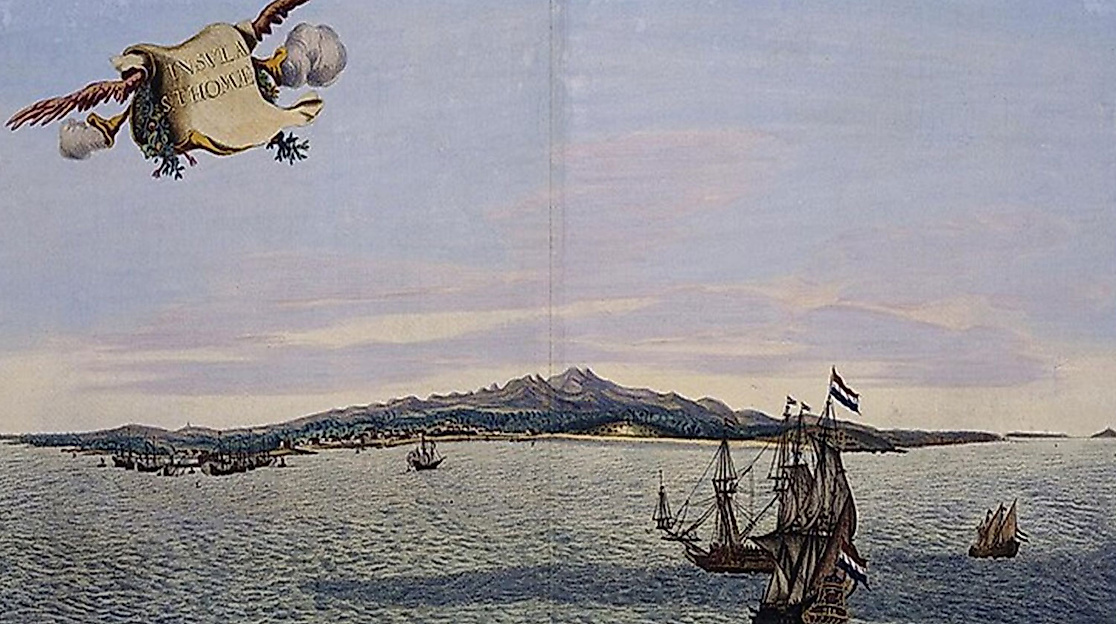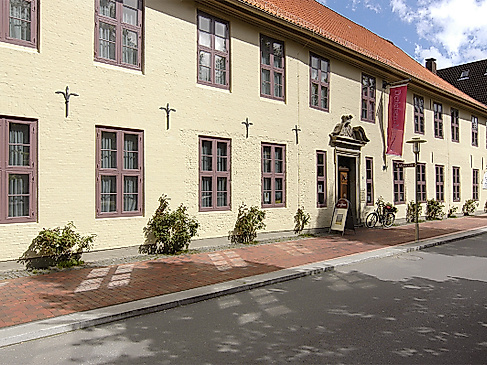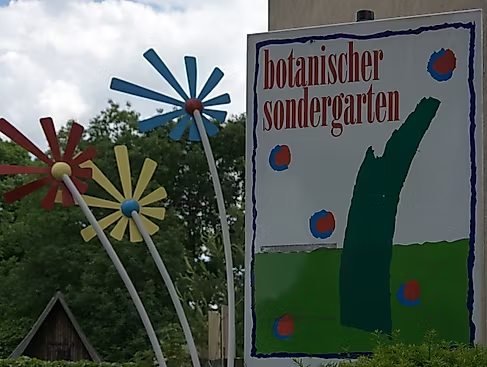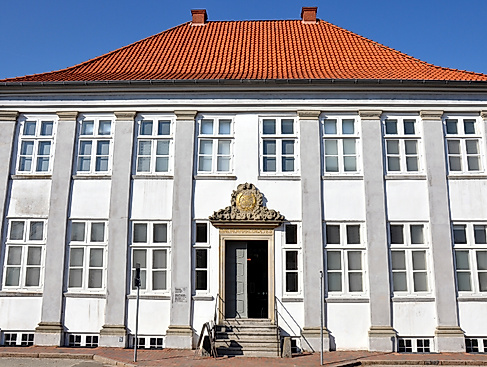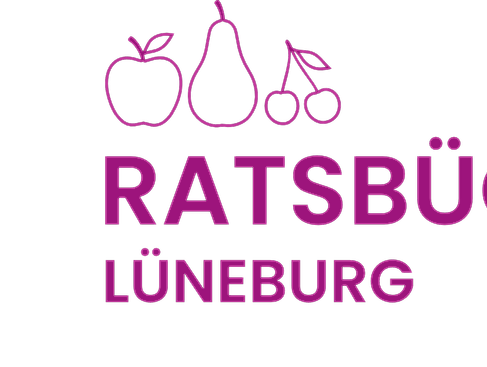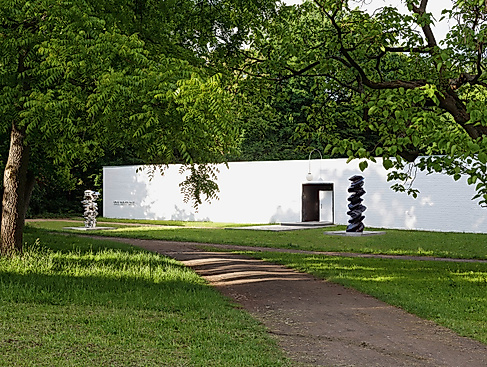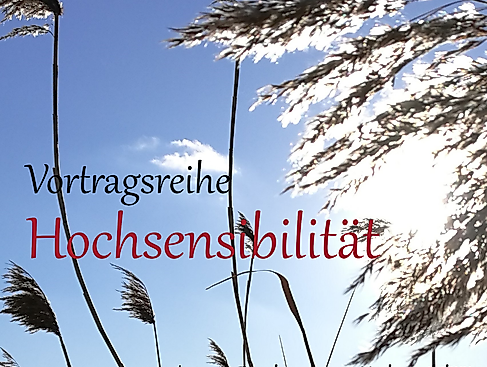"Abducted or Detained. Glückstadt and the Colonial Slave Trade." Glückstadt's early history is known as one of "tolerance": memories of the first decades after its founding in 1617 are shaped by the visionary project of Christian IV. At that time, the Danish king also ruled Schleswig and Holstein and wanted to create a counterbalance to the growing Hamburg with the city. To attract people to the new city, he offered religious freedom: He granted privileges to Dutch religious refugees as well as to Sephardic Jews expelled from Spain and Portugal. New research in Copenhagen archives, the North Frisian District Archives, and its comparison with Glückstadt sources now show that the Danish king's former residence was not only a tolerant city, but also a city where many profited from the Atlantic slave trade. For 50 years, it played a significant role in the enslavement of people in West Africa. More significant, in any case, than much of the research community has previously assumed. It has previously been said that ships of the "Brandenburg Africa Company" were equipped in the city, whose involvement in the slave trade is well known. The "Glückstadt African Company," founded in 1659 and closed in 1671, was primarily run by well-known actors from Hamburg and the Netherlands, and its activity was short-lived anyway. This image needs to be corrected, however: Glückstadt actors were involved in the slave trade earlier, on a larger scale, and for longer than previously assumed. As early as 1646, a ship named "Glückstadt" sailed from Gabon to Barbados with 347 enslaved people, and as late as the 1690s, Glückstadt citizens demanded "free passage" for the "African voyages" of the slave trader Thomas Thorssen. This lecture introduces the Copenhagen archive findings and is intended as a research report that raises new questions about Glückstadt's significance for the Atlantic slave trade—and vice versa.
Glückstadt und der koloniale Sklavenhandel Lectures & Discussions
No liability is assumed for the correctness of the data.
Search
Languages
Google translator for other languages
Please note that this is an automatic translation.
For better information, you can always switch to the German or English version
